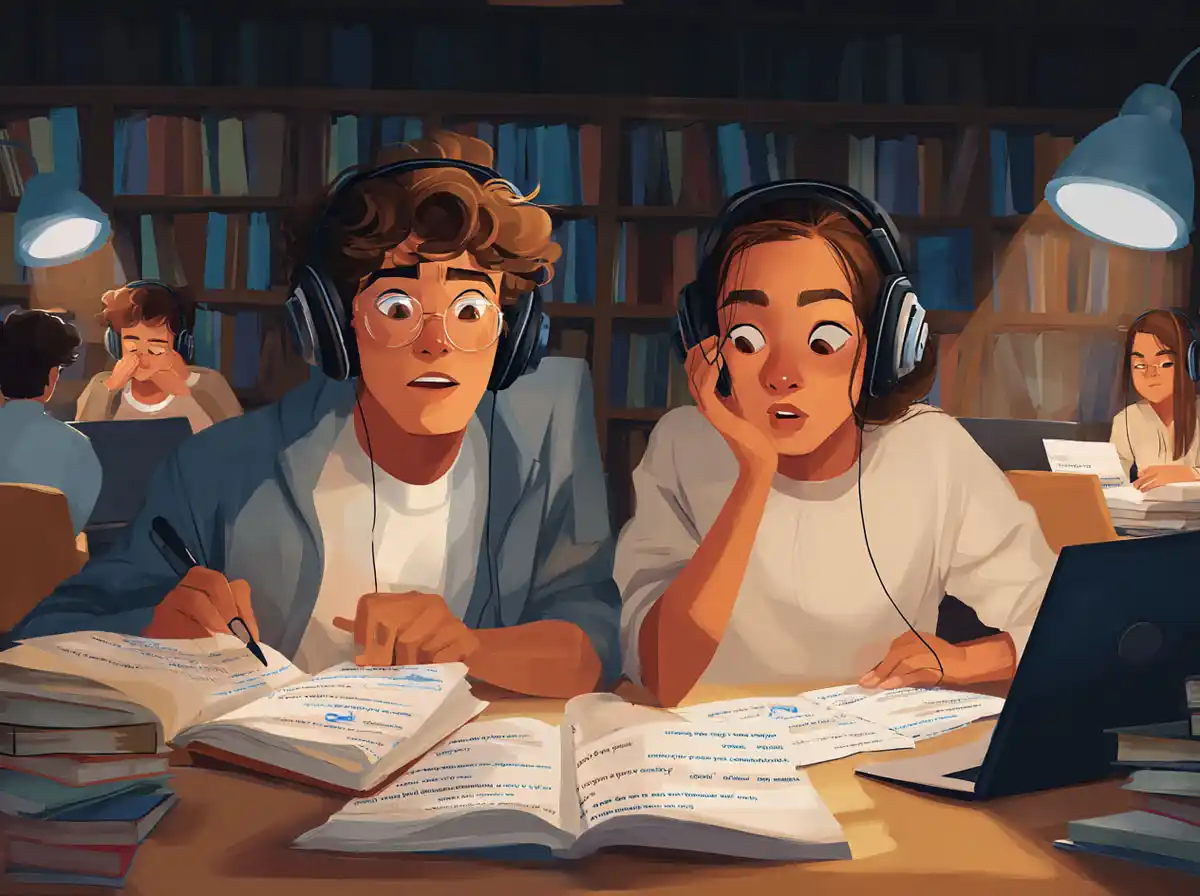Literatūra refers to literature. It encompasses the body of written works, particularly those considered of superior or lasting artistic merit.
Mano mėgstamiausia literatūros rūšis yra poezija.
Rašytojas means writer or author, a person who uses written words to communicate ideas and create literary works.
Visada svajojau tapti garsiu rašytoju.
Poezija is the term for poetry. It’s the art of rhythmical composition, written or spoken, for exciting pleasure by beautiful, imaginative, or elevated thoughts.
Ji skaitė eilėraštį, kuris apibūdina poezijos grožį.
Proza stands for prose, which is the most typical form of language, applying ordinary grammatical structure and natural flow of speech rather than rhythmic structure, as in traditional poetry.
Ši knyga yra parašyta lengvai skaitoma proza.
Pasakojimas means narrative or story. It refers to a spoken or written account of connected events.
Kai kurie vaikai mėgsta vakarais klausytis pasakojimų prieš miegą.
Apysaka translates to novella, a short novel, or a long short story.
Šią apysaką galima perskaityti vieną popietę.
Romanas is the Lithuanian word for novel, a long narrative work of fiction, typically with a complex plot and significant character development.
Mano bibliotekoje yra daugiau nei šimtas romanų.
Kūrybinis rašymas means creative writing, which refers to the use of the imagination to produce original ideas for writing, especially in genres like fiction, poetry, and drama.
Kūrybinis rašymas yra atsipalaidavimo ir saviraiškos forma.
Pjesė is the Lithuanian word for play, a form of literature intended for theatrical performance.
Naujausia Jono pjesė bus rodoma teatre visą sezoną.
Eilėraštis translates to poem, a piece of writing in which the expression of feelings and ideas is given intensity by the use of distinctive style and rhythm.
Mokytojas paprašė mus parašyti eilėraštį apie pavasarį.
Straipsnis means article, a piece of writing on a particular subject included with others in a newspaper, magazine, or other publication.
Aš skaitydavau jo straipsnius pirmadienio laikraštyje.
Redaktorius is a term for editor, someone who is in charge of and determines the final content of a text, particularly a newspaper or magazine.
Redaktorius ištaisė visas klaidas mano straipsnyje.
Leidyba refers to publishing, the activity of making information available to the general public, traditionally by printing books, newspapers, or magazines.
Ji dirba leidybos kompanijoje kaip iliustratorė.
Recenzija means review, a critical appraisal of a book, play, movie, exhibition, etc. published in a newspaper or magazine.
Jis parašė palankią recenziją apie mano naują knygą.
By familiarizing yourself with these terms, not only will you deepen your understanding of Lithuanian literary tradition, but you’ll also enrich your vocabulary, allowing you to better appreciate and discuss the vast world of literature and writing in this beautiful language.










